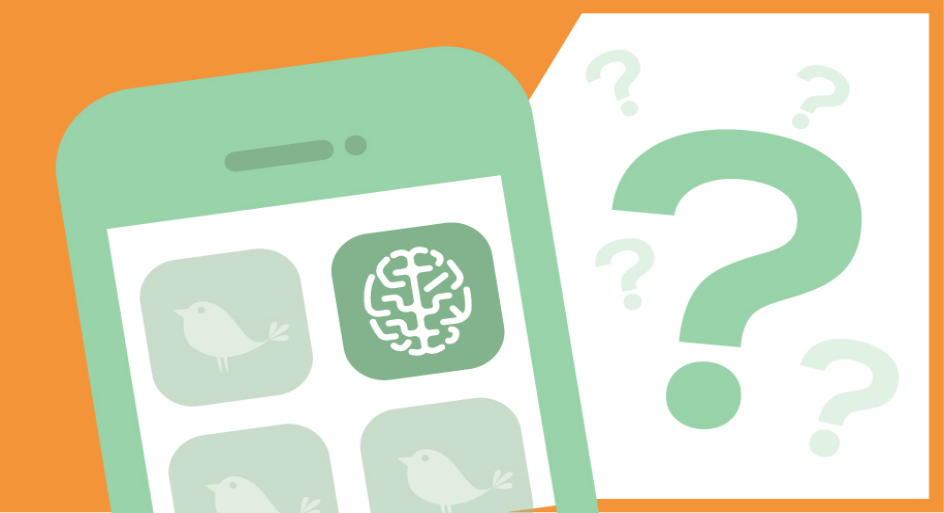We’ve commented previously on the rise of eating disorders amongst both men and women in the UK, and the fact that such disorders, including anorexia, bulimia and binge-eating constitute a serious and – in the most severe circumstances – life-threatening mental health issue. Eating disorder sufferers essentially have an abnormal attitude towards (and relationship with) food that can impact significantly on their habits and behaviour and, ultimately, their overall physical, physiological, and mental health.
Alongside the growing numbers of those diagnosed with an eating disorder here in this country alone is the significant rise in popularity of the so-called ‘health apps’ (there are over 40,000 health-related apps currently available on the market). These apps claim to positively enhance our health in all sorts of ways, from enhancing our nutrition and aiding weight loss to improving physical activity and building confidence and self-esteem. But are such apps actually having a negative impact on the way we relate to food, exacerbating any issue that individuals with an eating disorder in particular may have, and ultimately doing us more harm than good both physically and mentally?
Many of the apps on the market encourage the user to monitor every minute element of their daily routines – from the amount of calories they consume to how much exercise they do and how much weight they lose. The results or ‘feedback’ are based entirely on quantitative data with no consideration to personal situations, conditions, or the mental state of the individual using the app. And, with eating disorders being complex psychological illnesses which see sufferers demonstrating compulsive and obsessive behaviour, such systems can reinforce unhealthy habits – with no vital support or guidance from medical or health professionals.
Whilst for the vast majority of individuals of course, health and fitness apps can be hugely beneficial. They can help you set (and stick to) realistic goals, keep track of your progress, and they even praise you when you’re seen to be doing well. But for those with mental health issues, it is clear that the potential dangers are apparent. And these vulnerabilities are even more inflated when it comes to those ‘mental health-specific apps’ which, like their healthy-eating and fitness counterparts, claim to be able to help an individual ‘deal’ with their issues.
This growing phenomenon of mental health apps are designed to aid the treatment of a wide range of conditions including anxiety and stress right the way through to OCD and Post-Traumatic Stress Disorder. Downloaded in their thousands, they are becoming ever-popular due to their accessibility, flexibility, and cost-effectiveness – not least the fact that they negate the need to be sat on what may seem like a never-ending waiting list. But, where do the dangers lie? A study by the University of Liverpool found that many mental health apps lack ‘an underlying evidence base, a lack of scientific credibility, and limited clinical effectiveness’, and often lead users to become over-reliant on the app itself for support. Which, in turn, could lead to many individuals becoming isolated, obsessive, and even more vulnerable.
So, what’s the answer? Whilst most apps of course make it abundantly clear that they’re not providing expert medical advice there is certainly an expectation for people to use apps responsibly and that those with physical, psychological and mental health conditions should seek out proper professional advice and guidance from those qualified to offer their support. As nutritionist and health blogger, Antonia Eriksson**, claims: ‘living a healthy lifestyle should be a balance between physical and psychological health, not a number on an app’.
*Medical News Today
**www.dailydot.com

